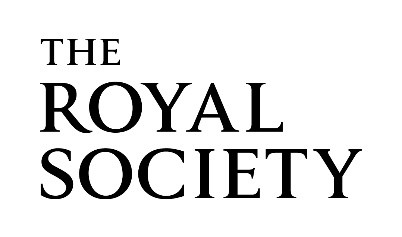Diversity and inclusion
Qualitative research on barriers to progression for disabled scientists
28/10/2020
As part of work to address barriers to participation and success in STEM, the Royal Society commissioned the Careers Research & Advisory Centre (CRAC) to undertake a qualitative research project to understand the low level of disclosure of disability amongst scientists in the academic workforce, why this occurs and how it might be addressed.
The aims of the project were to: identify barriers which affect whether scientists disclose a disability and how these relate to progression, including any variations by career stages and other characteristics/circumstances; understand differences in the attitudes of disabled scientists to disclosing their disability in different contexts and broad disciplines; and identify and propose potential interventions that the Royal Society could make to address barriers to disclosure of disability in a range of different personal and career contexts.
Primary research undertaken in this project involved a review of existing literature on disabled scientists’ experiences was undertaken, a small number of interviews with experts in the field, and 25 interviews with disabled scientists from a range of different career stages, disciplines and who identified as having a range of different disabilities. This work was undertaken alongside analysis of specific HESA staff record data which generated some more descriptive analyses of disabled scientists’ career experiences.
Read the report in full to discover the overall findings, issues and 15 recommendations for the sector, institutions and funders.

